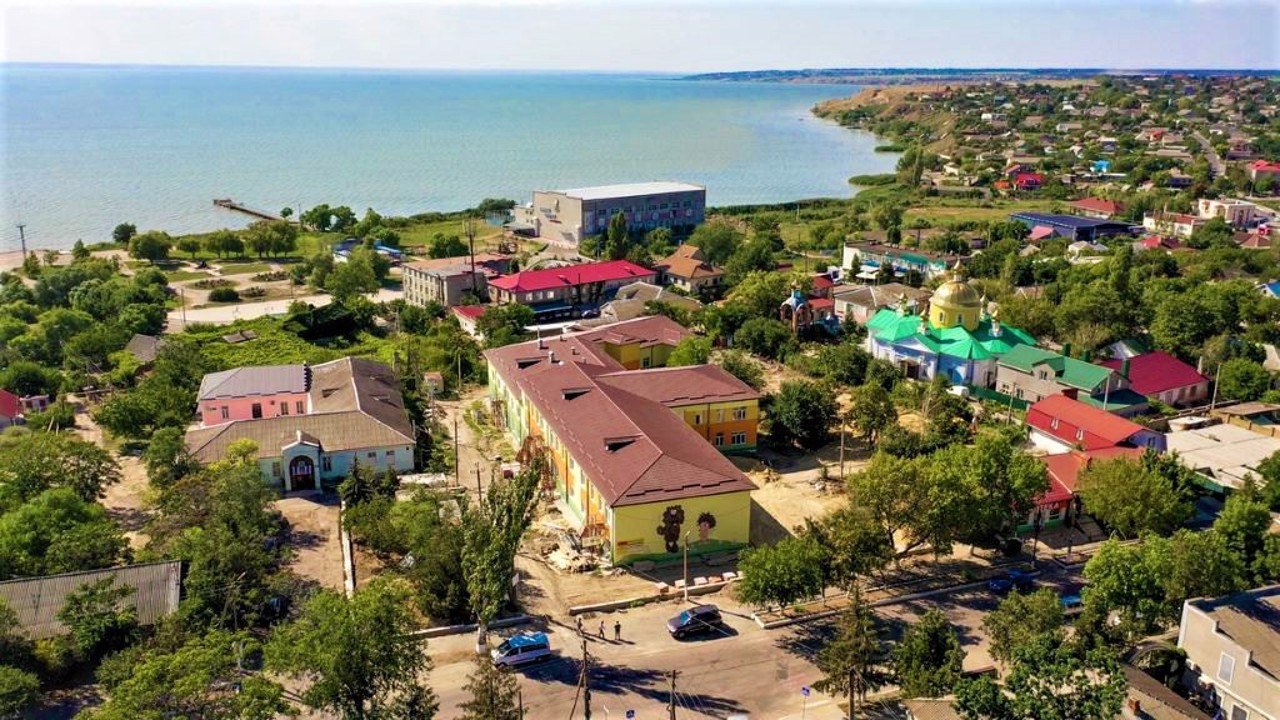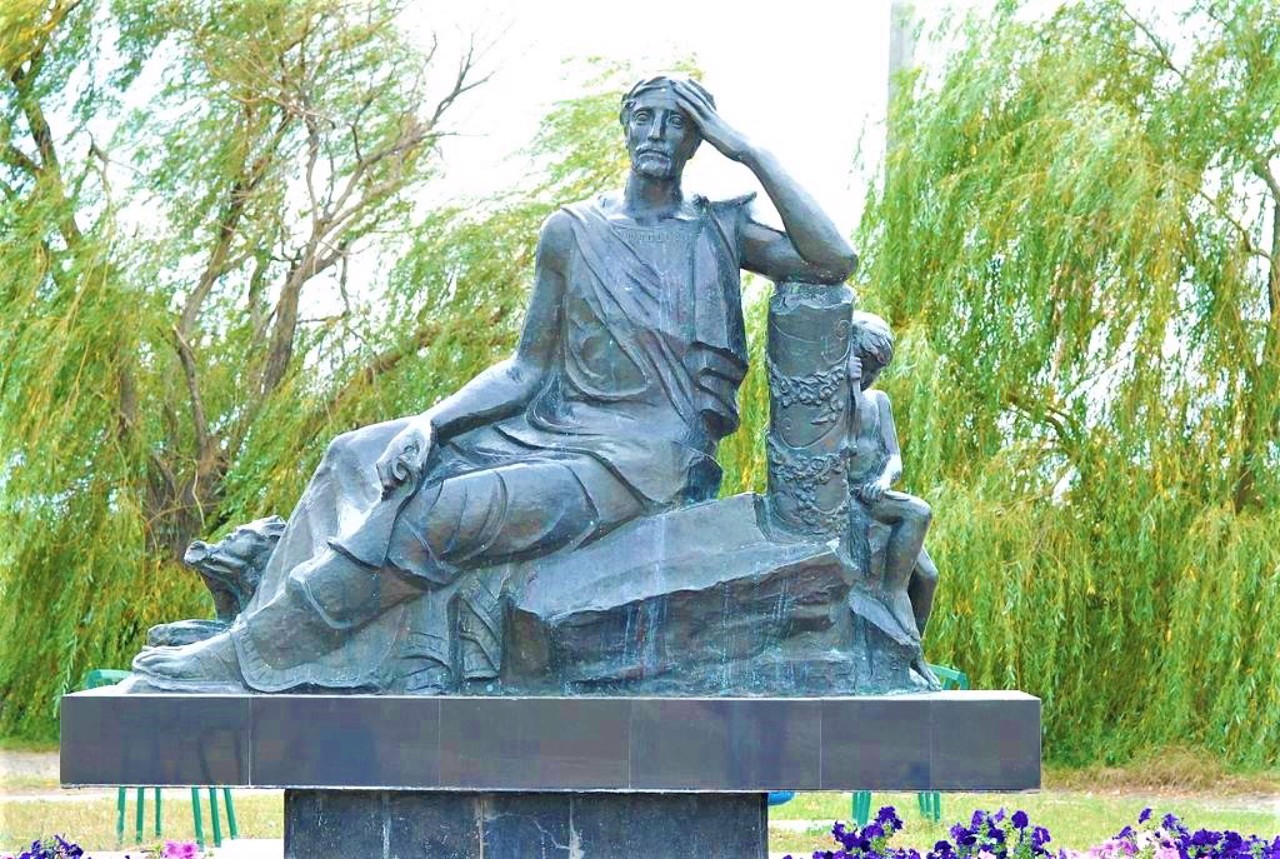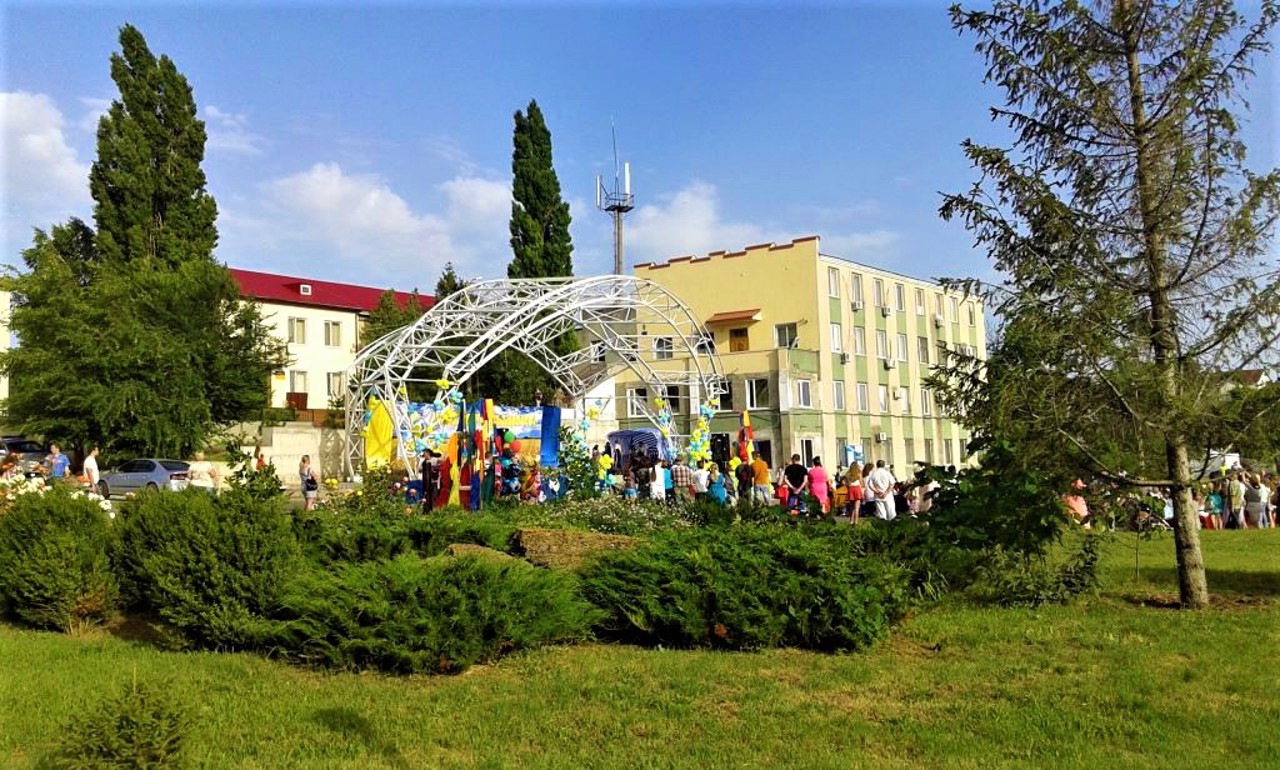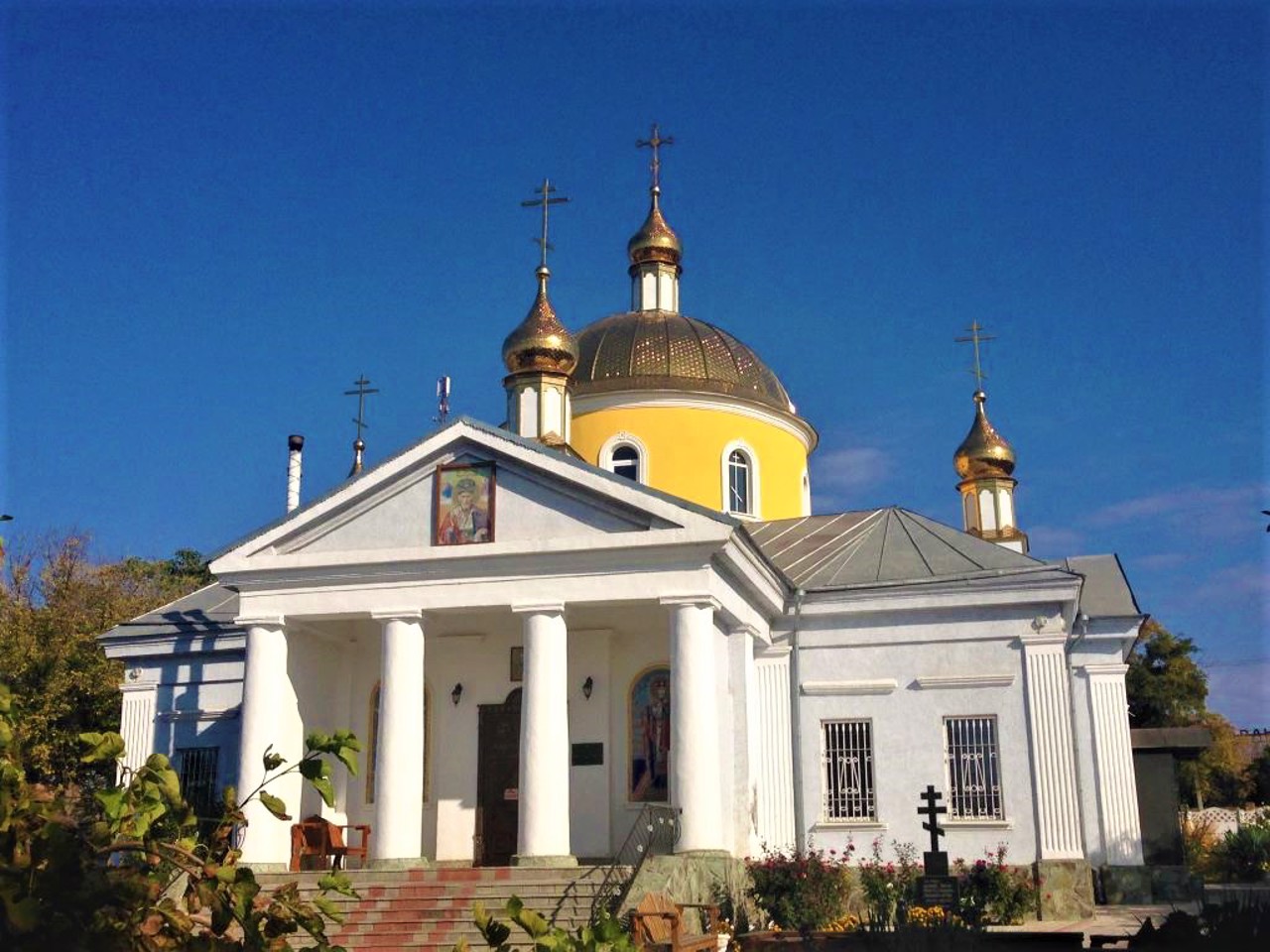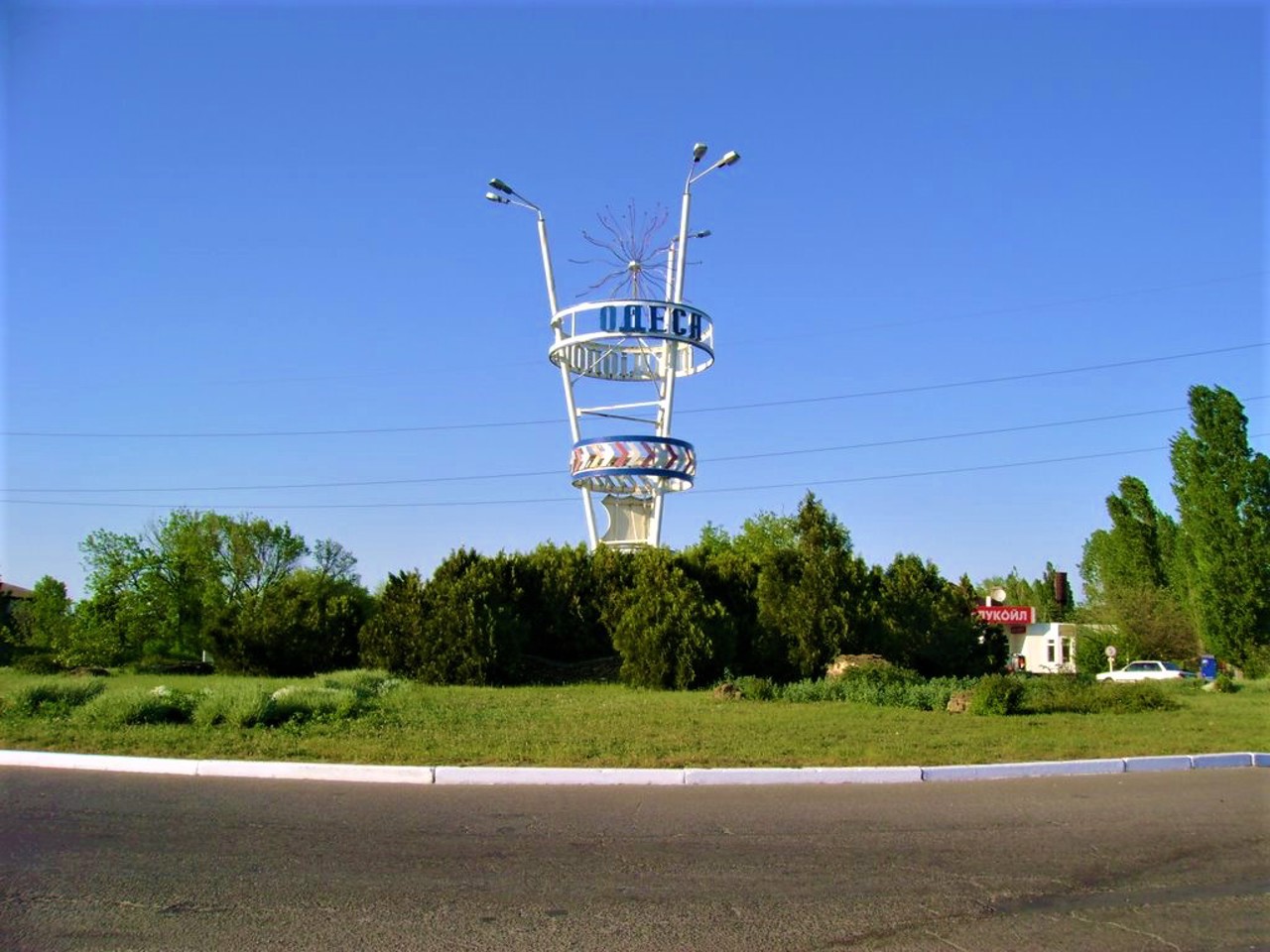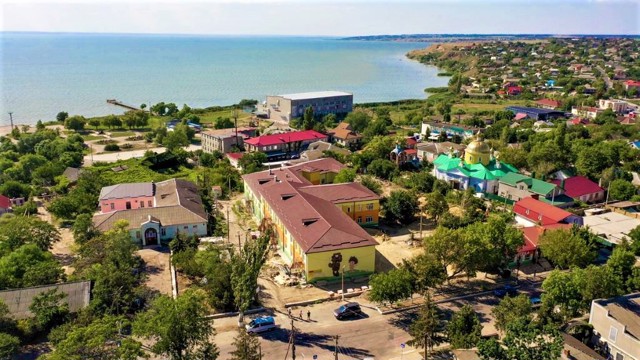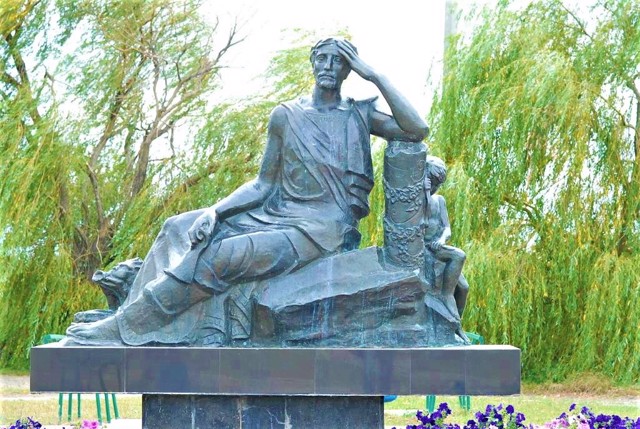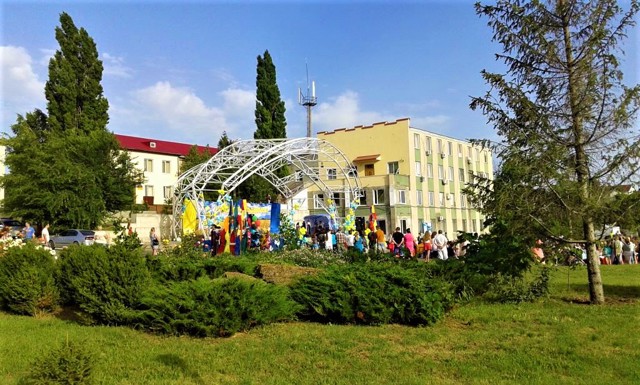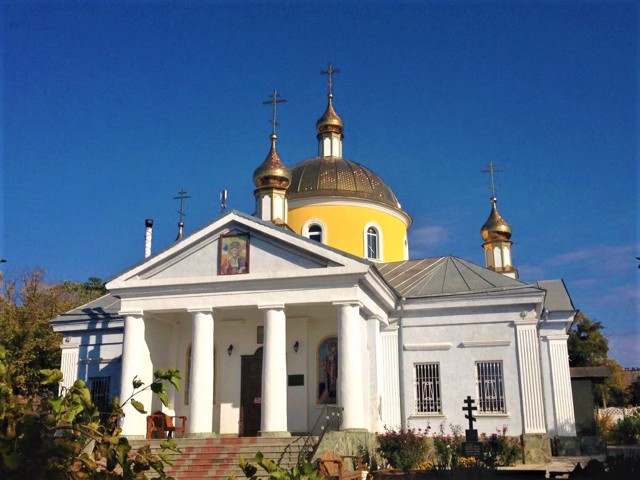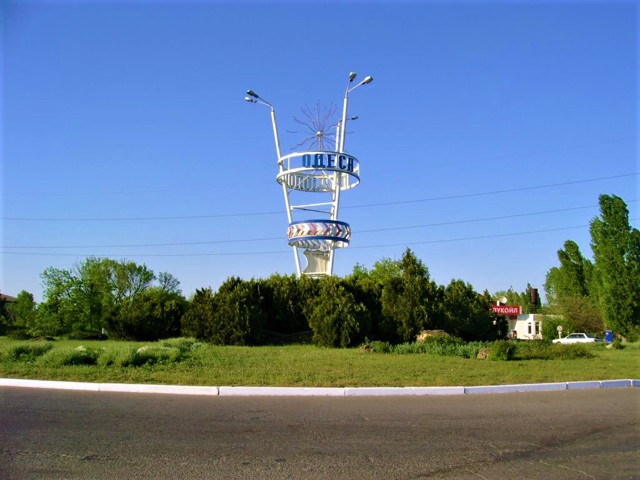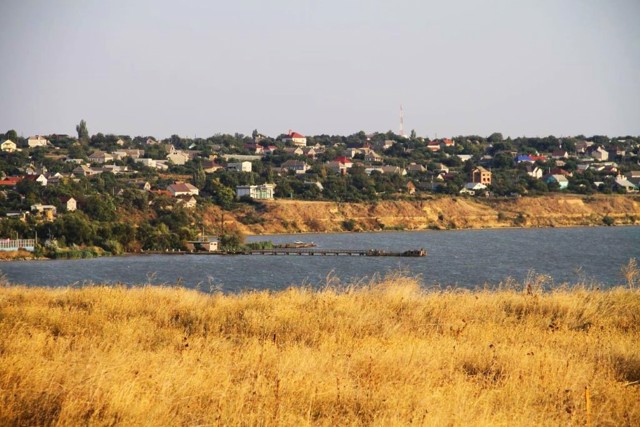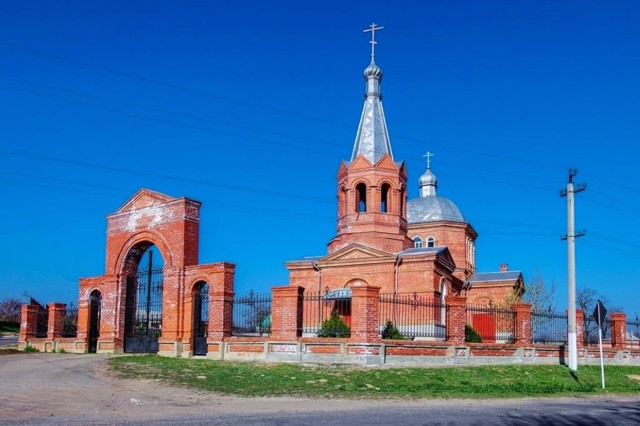Functional temporarily unavailable
General information about Ovidiopol
The town Ovidiopol is located on the banks of the Dniester Estuary, 30 kilometers northwest of Odesa.
It was founded in 1793 by commander Oleksandr Suvorov on the site of the destroyed Turkish fortress Khadzhyder as an outpost to protect the entrance to the Dniester from the Black Sea. At the same time, a small harbor was built on the Dniester estuary, which served as a transshipment point for goods transported by the Dniester and the Black Sea to Odesa.
In 1795, by decree of Empress Catherine II, the city was named Ovidiopol in honor of the ancient Roman poet Ovid, who supposedly lived here (in fact, Ovid died in exile in Tomas, on the territory of present-day Constanta in Romania).
Favorable geog ...
The town Ovidiopol is located on the banks of the Dniester Estuary, 30 kilometers northwest of Odesa.
It was founded in 1793 by commander Oleksandr Suvorov on the site of the destroyed Turkish fortress Khadzhyder as an outpost to protect the entrance to the Dniester from the Black Sea. At the same time, a small harbor was built on the Dniester estuary, which served as a transshipment point for goods transported by the Dniester and the Black Sea to Odesa.
In 1795, by decree of Empress Catherine II, the city was named Ovidiopol in honor of the ancient Roman poet Ovid, who supposedly lived here (in fact, Ovid died in exile in Tomas, on the territory of present-day Constanta in Romania).
Favorable geographical position, availability of land and waterways, proximity to Odesa, fertile lands - all this contributed to the rapid growth of the city's population. In 1823, the church of St. Nicholas the Wonderworker was built. In 1895, the city branch of the Imperial Orthodox Water Rescue Society was opened and the "Saint and Wonderworker Nicholas" rescue station was consecrated.
A monument to Ovid has been installed in the park on the embankment. The tasting room is open.
Селище Овідіополь розташоване на березі Дністровського лиману в 30 кілометрах на північний захід від Одеси.
Засноване в 1793 році полководцем Олександром Суворовим на місці зруйнованої турецької фортеці Хаджидер як форпост для захисту входу в Дністер з Чорного моря. Одночасно на Дністровському лимані побудували невеличку гавань, яка служила перевалочним пунктом для вантажів, що перевозяться Дністром і Чорним морем до Одеси.
В 1795 році указом імператриці Катерини II місто було назване Овідіополем на честь давньоримського поета Овідія, який нібито відбував тут посилання (насправді, Овідій помер на засланні в Томах, що на території нинішньої Констанци в Румунії).
Вигідне географічне положення, наявні ...
Селище Овідіополь розташоване на березі Дністровського лиману в 30 кілометрах на північний захід від Одеси.
Засноване в 1793 році полководцем Олександром Суворовим на місці зруйнованої турецької фортеці Хаджидер як форпост для захисту входу в Дністер з Чорного моря. Одночасно на Дністровському лимані побудували невеличку гавань, яка служила перевалочним пунктом для вантажів, що перевозяться Дністром і Чорним морем до Одеси.
В 1795 році указом імператриці Катерини II місто було назване Овідіополем на честь давньоримського поета Овідія, який нібито відбував тут посилання (насправді, Овідій помер на засланні в Томах, що на території нинішньої Констанци в Румунії).
Вигідне географічне положення, наявність сухопутних і водних шляхів, близькість до Одеси, родючі землі - все це сприяло швидкому зростанню населення міста. В 1823 році побудовано церкву Святого Миколая Чудотворця. В 1895 році відбулося відкриття міського відділу імператорського православного товариства порятунку на водах та освячена рятувальна станція "Святитель і чудотворець Миколай".
В сквері на набережній встановлено пам'ятник Овідію. Працює дегустаційна зала.
Сплануй своє перебування у Ovidiopol
What to see and where to go in Ovidiopol
Tourist attractions and museums of Ovidiopol
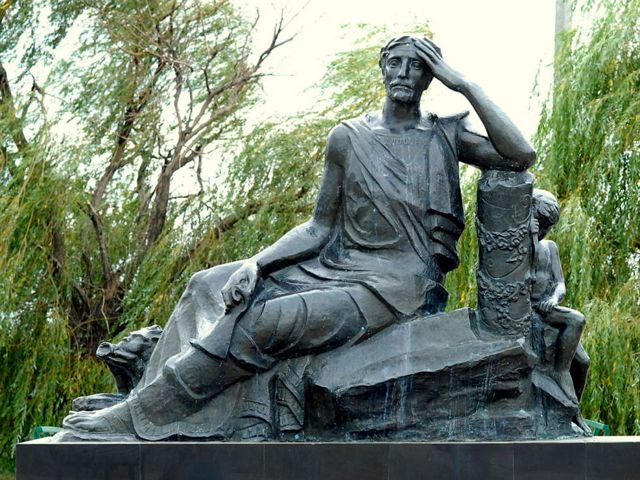
Ovid Monument
Monument
The monument to the ancient Roman poet Publius Ovidius Nazon, known in English as Ovid, in whose honor Ovidiopol is named, is located in a picturesque place on the banks of the Dniester estuary.
Ovid is known as the author of Metamorphoses and The Science of Love. He spent the rest of his life in exile in the northeastern provinces of the Roman Empire (most likely, on the territory of modern Romanian Constanta). In the 18th century, it was believed that the place of Ovid's exile was on the eastern bank of the Dniester estuary, so in 1795 the Tatar settlement Khadzhyher located here was renamed Ovidiopol.
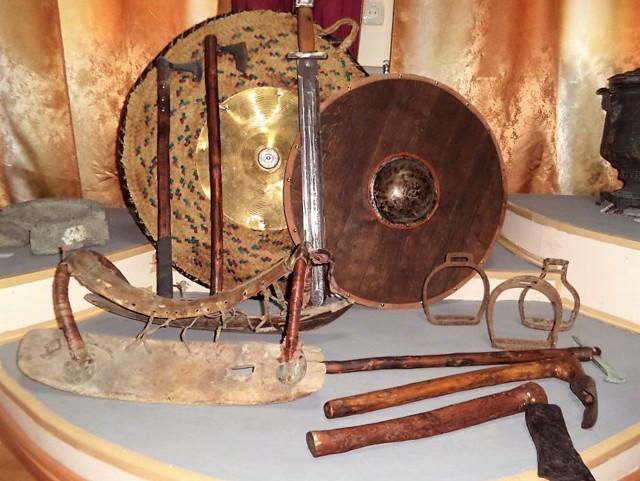
Ovidiopol History and Local Lore Museum
Museum / gallery
The Museum of History and Local Lore of the Ovidiopol Village Council was founded in 1980. Located in the premises of the Slava Culture and Leisure Center.
The exposition covers the history of the region from ancient times. In particular, the archeological collection includes fragments of stucco ware, stone axes and graters, fishing sinkers, bones of animals and fish, as well as unique finds from the excavations of the Adzhyder fortress in Ovidiopol: Chios amphora, red clay pottery crater, two amphorae, two amphorae and a coin of Philip II (father of Oleksandr Makedonsky).
In the hall "Ukrainian room" are collected household items that in ancient times were in every Ukrainian home. The new exposition "Treasures from the attic" presents antiques donated to the museum by citizens.
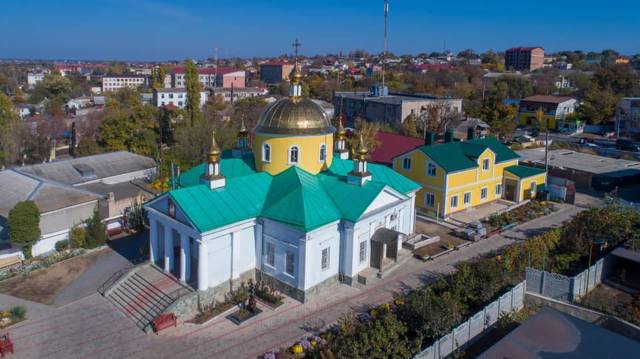
Saint Nicholas Cathedral
Temple , Architecture
Saint Nicholas Cathedral in Ovidiopol was built in 1823.
It is known that even in Turkish times there was a Cathedral Orthodox Church of Nicholas the Wonderworker here. After the founding of Ovidiopol and the construction of the harbor, a new Nicholas Church was built next to the port, but it soon burned down.
The current Saint Nicholas Cathedral in the style of classicism was built on the same place. The Orthodox Water Rescue Society operated for him. Restoration has been carried out in recent years.
Reviews Ovidiopol
Geographical information about Ovidiopol
| {{itemKey}} | {{itemValue}} |
|---|---|
| Region |
Odesa |
